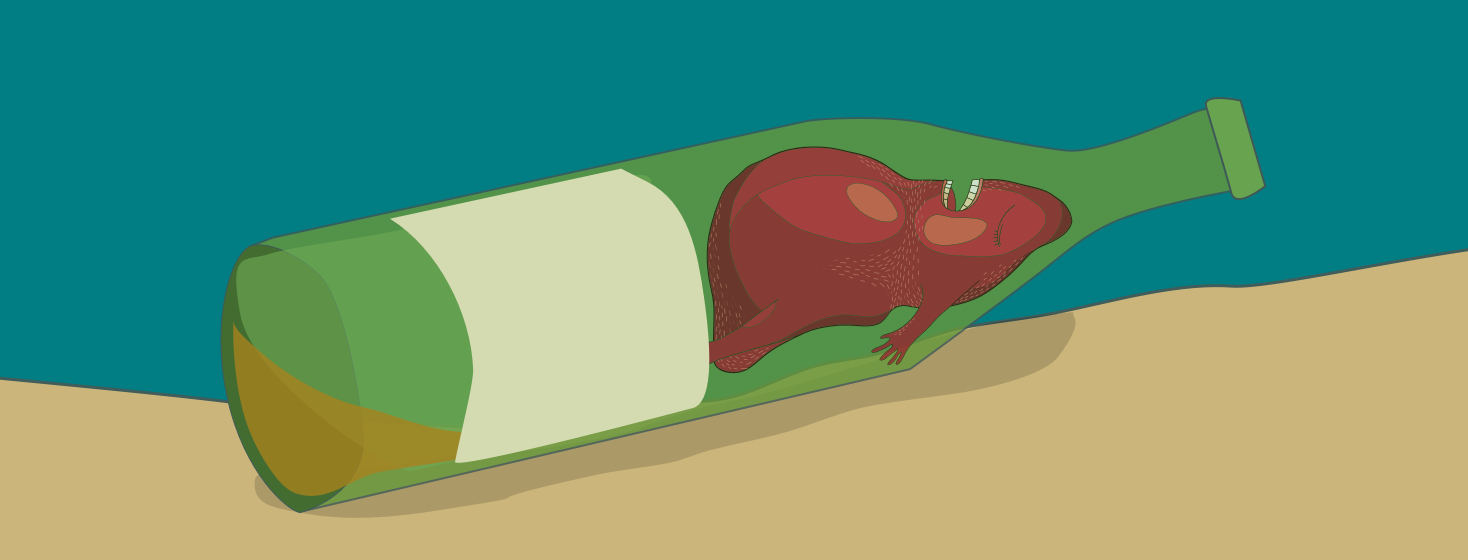Can I Drink Alcohol If I Have Hepatitis C?
If you have the hepatitis C virus (HCV), you may have questions about safely consuming alcohol. There are many things to consider when discussing safe alcohol consumption. Generally, research shows that avoiding alcohol when you have an HCV infection or are being treated for HCV is your safest and most healthy option.1-3
Alcohol and the liver
Your liver has many functions. One of its main functions is to filter waste and toxins from your blood and body. Your liver breaks down most of the alcohol you consume to it can be removed from the body. In order to break down the alcohol, the liver creates proteins that speed up chemical reactions in the body (enzymes). During this process, the enzymes can also create scar tissue and cause your liver to build up fat. Alcohol also causes inflammation in the liver.3,4
HCV can also damage the liver. HCV damage can be increased if you consume alcohol. Plus, alcohol can make HCV treatments ineffective.1
Alcohol and HCV treatment
The goal of HCV treatment is to cure people of the HCV virus. This is known as sustained virologic response (SVR). SVR is achievable for most people with HCV. Most people with HCV are treated with oral antiviral medicines.1
There is not a lot of information about how alcohol affects oral antiviral medicines. People in HCV drug trials were not allowed to drink alcohol. Because of this, doctors do not know if alcohol causes these medicines to be less effective.1
Even though doctors do not know how alcohol affects oral antiviral drugs, they recommend not consuming alcohol while being treated. This is because they understand how these medicines work in your body. Alcohol would negatively affect the way these medicines work.1
Doctors sometimes use an injectable drug called interferon to treat HCV. Doctors do know that alcohol makes interferon less effective. In fact, research shows that if you have used alcohol heavily in the past, interferon will not work as well even if you do not drink alcohol now.1,2
Alcohol dependence and HCV
If you have HCV, talk to your doctor if you think you will have a problem avoiding alcohol. Do not hide your alcohol use from your doctor. Your doctor can work with you to find treatment for alcohol use. You do not have to be completely alcohol-free to start treatment for HCV.3
You should not underestimate how much alcohol you are consuming. Your doctor needs to have an accurate picture of your alcohol intake. This can help your healthcare team make decisions about how to treat your HCV in the best way for your needs. It also helps you and your doctor make good decisions about treating your alcohol use.3
Can I drink if I have achieved SVR?
If you have completed HCV treatment and have achieved SVR, you may wonder if it is okay to start drinking alcohol again. Generally, doctors want you to refrain from drinking even after SVR.3
You should talk to your doctor about your HCV, treatment, and alcohol use, especially if you have an issue with alcohol dependence. If you are allowed to drink, your doctor will likely recommend that your alcohol consumption be very limited.
Have open and honest conversations about alcohol and HCV with your doctor. Your doctor would rather know about your alcohol use than wonder why your treatment does not work. Avoiding alcohol is the best thing you can do if you have HCV or are being treated for HCV. Together, you and your doctor can create the best possible care plan for your needs.

Join the conversation